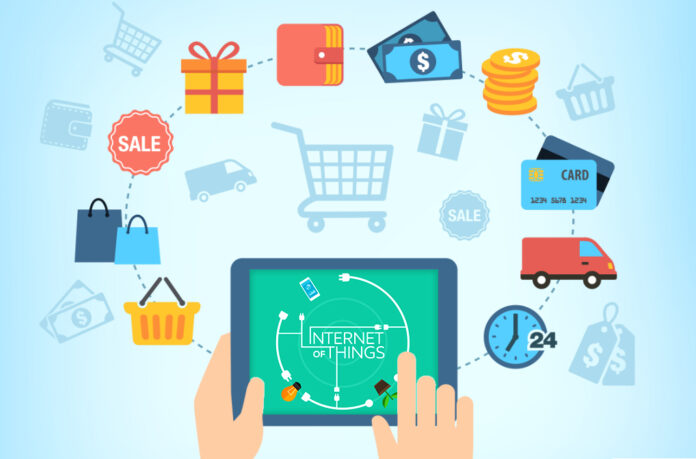
The success of any retail business or online store depends on its ability to track and analyze customer behavior. Meeting the demands and enhancing the shopping experience has become a priority across the retail industry.
The Internet of Things (IoT) is becoming popular in this respect because it can help businesses tap into data that otherwise would be inaccessible, such as when customers walk into a store or what products they browse. This information proves crucial when making business decisions that will affect sales revenue and profitability.
There are countless ways in which companies collect and utilize IoT technologies to understand customers better and enhance their shopping experience:
This article discusses how retailers can take advantage of IoT devices, software, and sensors to turn loyalty schemes from a mere customer retention tool into something much more powerful.
Real Time Data Collection
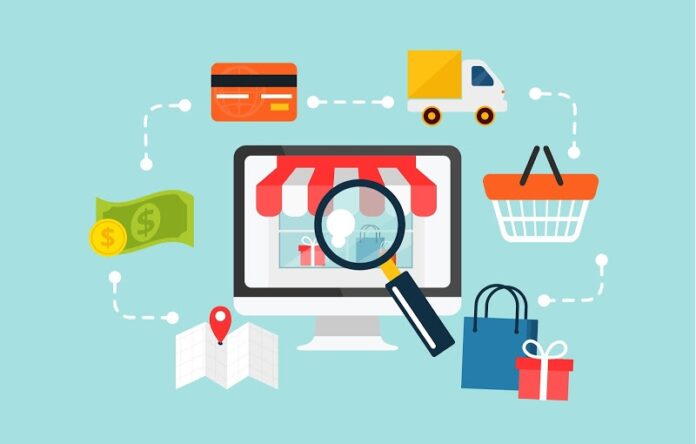
Real-time data collection is the key to providing personalized customer service and understanding their purchasing behavior. The IoT can collect real-time location data which retailers can use to assess footfall across stores or departments, monitor competitors’ activities, or inform online shoppers of other offers in the area.
Retailers are now looking at how they can use IoT technologies to provide instant notifications on customers’ smartphones based on geolocation analyses. This way they will be instantly alerted about special deals or discounts when passing by a particular store or department.
Loyalty Programs
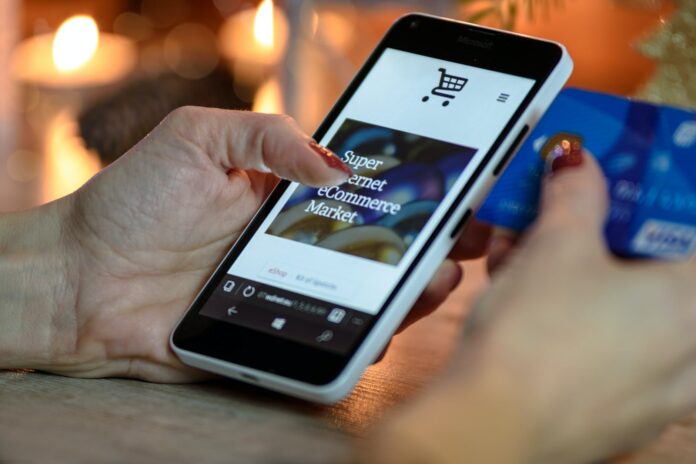
The whole idea behind loyalty programs is that customers should receive an incentive for shopping with a certain retailer instead of its competitors, but there is much more to them than just discounts and coupons.
In order to be effective, a loyalty program must collect customer data and let retailers know their shopping habits. By identifying a customer’s favorite brands and products, a retailer can create personalized offers that are highly likely to convert into sales. For example, if a person has been browsing products by a specific brand online or in-store, the next time she visits the retailer she might receive messages containing exclusive discounts for those products. This would allow her to buy them at a lower price while still making profitable sales for the business.
There is also much more value in understanding why customers choose one product over another. The IoT allows retailers to track what items people put in their virtual carts but don’t purchase after all, which helps them identify weak spots and constantly improve their product assortment and marketing strategy.
Customer Engagement & Service

IoT devices, software, and sensors can help retailers to engage with customers in meaningful ways that enhance the shopping experience. For example, a store manager could receive alerts on his smartphone if any of the shelves need replenishing or an item is incorrectly priced. This way he’s able to resolve such issues before they even become issues, which will please customers and increase sales as a result.
Supply Chain
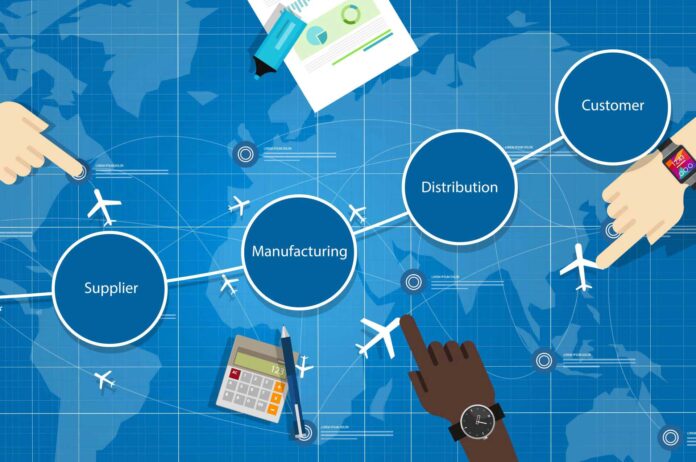
Retailers are now able to keep track of their supply chain using IoT platforms for smart inventory management. Sensors enable them to know what items are low on stock or which ones are not selling well compared with others, so they can modify future orders accordingly without having to overstock or waste money on products that will never sell.
Customer Preferences

IoT devices can help retailers to identify customers’ preferences and provide them with highly personalized services, such as product recommendations based on their shopping history and geolocation data. It’s a great way for businesses to grow customer loyalty and profitability in the long term while also making sure they don’t neglect their most valuable shoppers.
Barcode Scanning
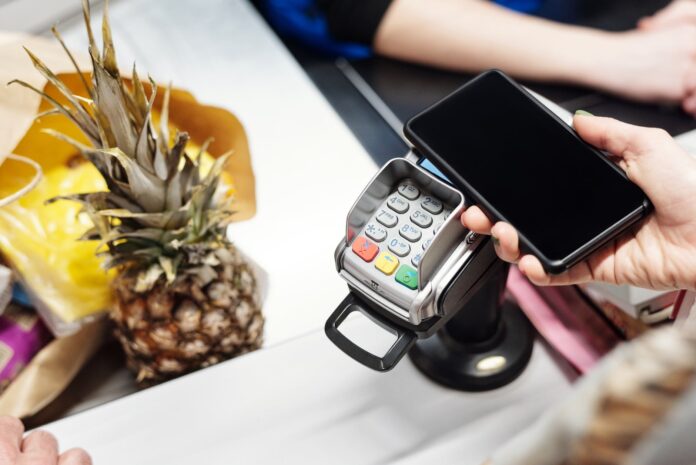
The IoT allows you to track your inventory in real-time using a barcode scanner without having to rely on manual data entry. Retailers are no longer at risk of overselling because stock updates are instant, which saves both time and money. Since inventory is managed via an automated process, it becomes much easier for shop managers to optimize store layouts according to the best practices.
According to Softengi integrating legacy systems with the IoT can help retailers greatly benefit from both worlds without having to completely replace their existing infrastructure. There are numerous opportunities for businesses of all sizes, which is why they need to start thinking about how IoT technologies can support their business now.
Many companies are now embracing the advantages of machine learning and advanced analytics in order to gain a better understanding of their customer’s preferences. IoT devices collect massive amounts of data which require advanced processing capabilities in order to provide useful information for marketing research, customer segmentation, contact planning, etc.
So using this tech can help retailers to better understand the type of offers that are most likely to convert into sales. It’s all about reaching out to your customers at the right time with relevant messages on the channels they use the most – whether it be email, push notifications, SMS, etc.
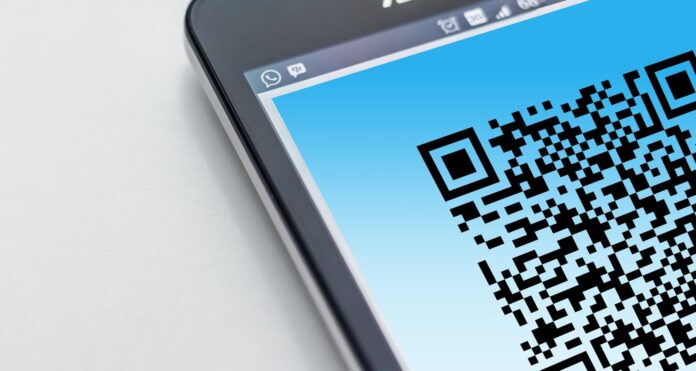
For example, a store manager could set up an automatic reorder process for frequently purchased items. She could receive alerts whenever a particular product is running low on stock and place an order before it is completely sold out.
IoT devices can also help retailers to identify weak spots in their supply chain system. For example, they are able to detect when the number of returns or defective products is high compared with sales, which triggers an alert that enables them to identify the reason for this discrepancy.
Data security is another major concern in retail, however recent technological advancements allow retailers to store their data on the cloud in encrypted form instead of on physical servers in-store. This way they can guarantee that all sensitive information will remain inaccessible to cybercriminals even if their systems are up to date.
Technology is an ever-evolving concept, which is why retailers are always on the look for new ways to optimize their business operations. In conclusion, the Internet of Things is revolutionizing the retail industry as we know it. One can only speculate how much this technology will impact our lives in a couple of years.
Thanks to the development of E-commerce and technology, it is possible for an entrepreneur to start an LLC in any state from anywhere in the world, as long as the proper formation requirements are met. Establishing an LLC in Florida is beneficial due to the lower tax rates and better regulations. For more details about Florida and what it takes to establish an LLC in the state, check out TRUiC.








